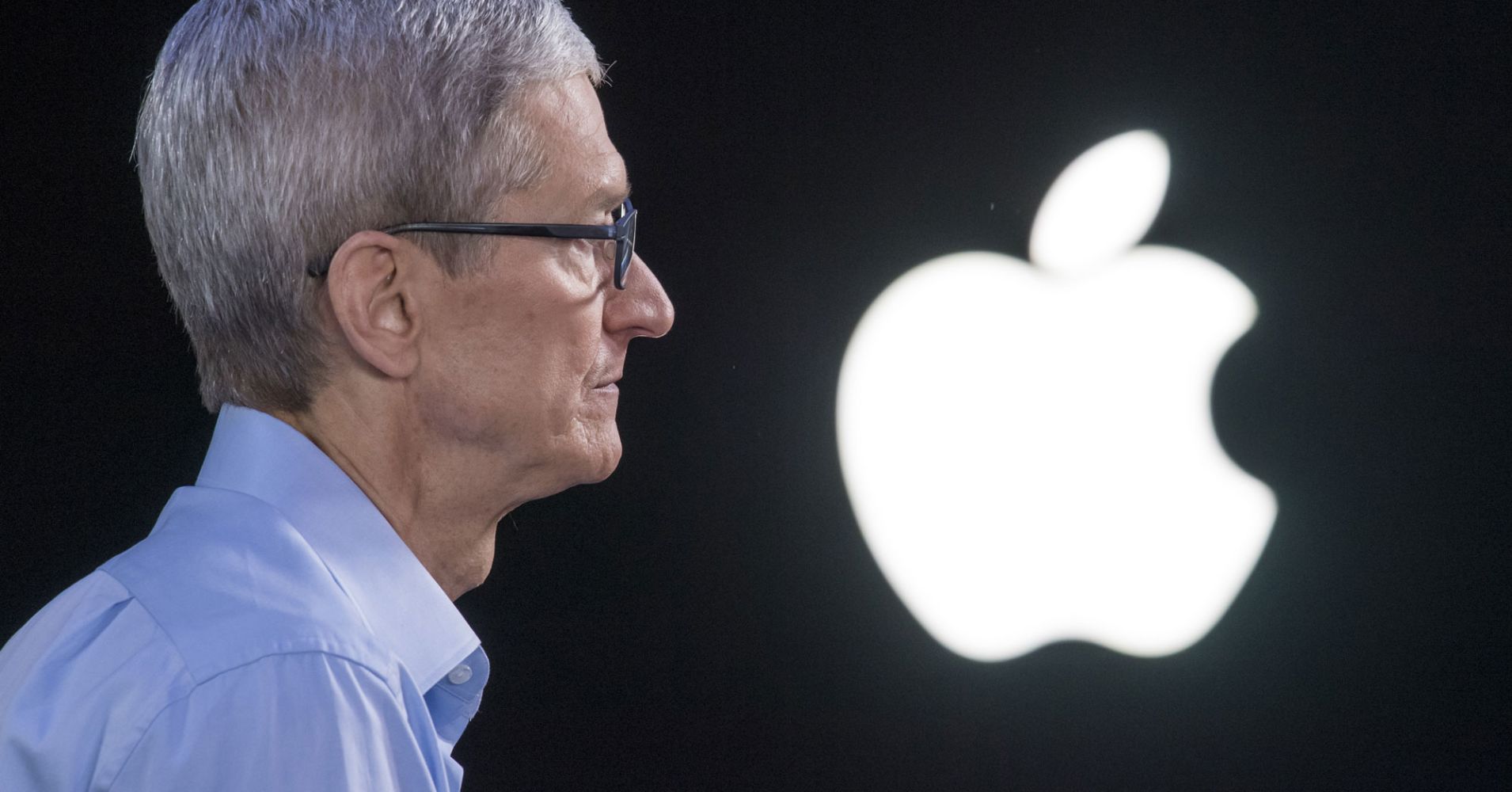
Apple is framing itself as better at data privacy and protection than other tech giants — and it is, Elevation Partners’ co-founder Roger McNamee told CNBC on Wednesday.
“Apple has really done extraordinary things over the last year to protect consumer privacy, but also to create security,” McNamee said on CNBC’s “Closing Bell.”
“For implementing [data protection measures] in products without being forced to by the government, they really are a beacon of hope,” he added.
McNamee’s comments follow an interview of Apple CEO Tim Cook with Vice News Tonight that aired on Tuesday. In the interview, Cook stopped short of naming names, but seemed to admonish the likes of advertising giants Facebook and Google, which rely on data sharing with third parties.
“The narrative that some companies will try to get you to believe is: ‘I’ve got to take all of your data to make my service better.’ Well, don’t believe them,” Cook told Vice.
“Whoever’s telling you that, it’s a bunch of bunk,” he added.
Cook’s company has long taken a distinctive approach to privacy and continues to roll out new hardware that makes it more difficult for external bodies (and Apple itself) to access user information.
“It’s very simple things, like with their facial recognition, they only store that data on the iPhone. And with things, like Siri, where they process it locally so your data’s not in the cloud where it’s vulnerable,” said McNamee, an early investor in Facebook and an Apple investor.
“Apple does not talk much about this but the difference is very striking,” he added.
McNamee emphasized that it is important to address data privacy, what with “the hack at Facebook, some of the issues going on with internet of things,” which include Amazon’s Alexa products and Google’s home suite.
From phishing schemes to misinterpreted commands, there are plenty of ways personal assistant devices could be compromised, although the likelihood of an all out hack is still relatively low.
In the future, companies such as Amazon and Google may have plans to use more of the audio they are privy to — both companies filed patent applications for technology that might someday gather audio “used to identify a person’s desires or interests, which could be mined for ads and product recommendations,” according to a New York Times report.
“Those are things that really, really are invasive surveillance where you don’t even need to be a customer to be affected,” McNamee said.
McNamee recommended companies follow Apple’s lead — but even that might not be enough.
“I really think Cook is not only right on this issue, but this is a place where I think the government will have to step in,” McNamee said.
Nuala O’Connor from the Center for Democracy and Technology said the United States doesn’t measure up to global peers when it comes to data privacy law.
“We have a sectoral approach, we’ve got things that protect kids and health and financial services, but there’s a heck of a lot of data being collected .. in the internet of things, in your homes in your cars in your daily life — we need some baseline permanent rules in the United States to protect the individuals’ rights,” O’Conner said in the same “Closing Bell” interview as McNamee.
Whether data is thought of as property of the user or more like a basic human right, O’Conner said it’s about time “we need to re-balance the equation between the individual and companies.” She praised corporations, like Apple, that are acting more responsibly.
“I’m delighted, personally, to see so many good corporate actors step up to the plate and say, ‘It’s time for some baseline rules that are fair to all players, the industry and most importantly the individual consumers wherever they are in the world,” she added.
McNammee agreed. If lawyers, bankers or ministers aren’t allowed to share peoples’ private information for profit, neither should tech companies, he said.
“There should be something like that relative to data in the United States,” he said.
McNamee said the U.S. needs legislation that follows the basic framework of Europe’s General Data Protection Regulation, but more tailored to the United States.
“The framework, and the basic notion that each person should own their own data and they should be able to control how any company uses that data — I think that is a universal point … I think we need to have that in the United States,” McNamee said.
GDPR is a piece of legislation that aims to give consumers control of their personal data collected by companies. It impacts organizations located within the EU, as well as companies outside of the region if they offer goods or services to, or monitor the behavior of, people in the bloc. GDPR was approved in April 2016, after which companies had two years to comply.
—CNBC’s Sara Salinas and Ali Montag contributed reporting.
